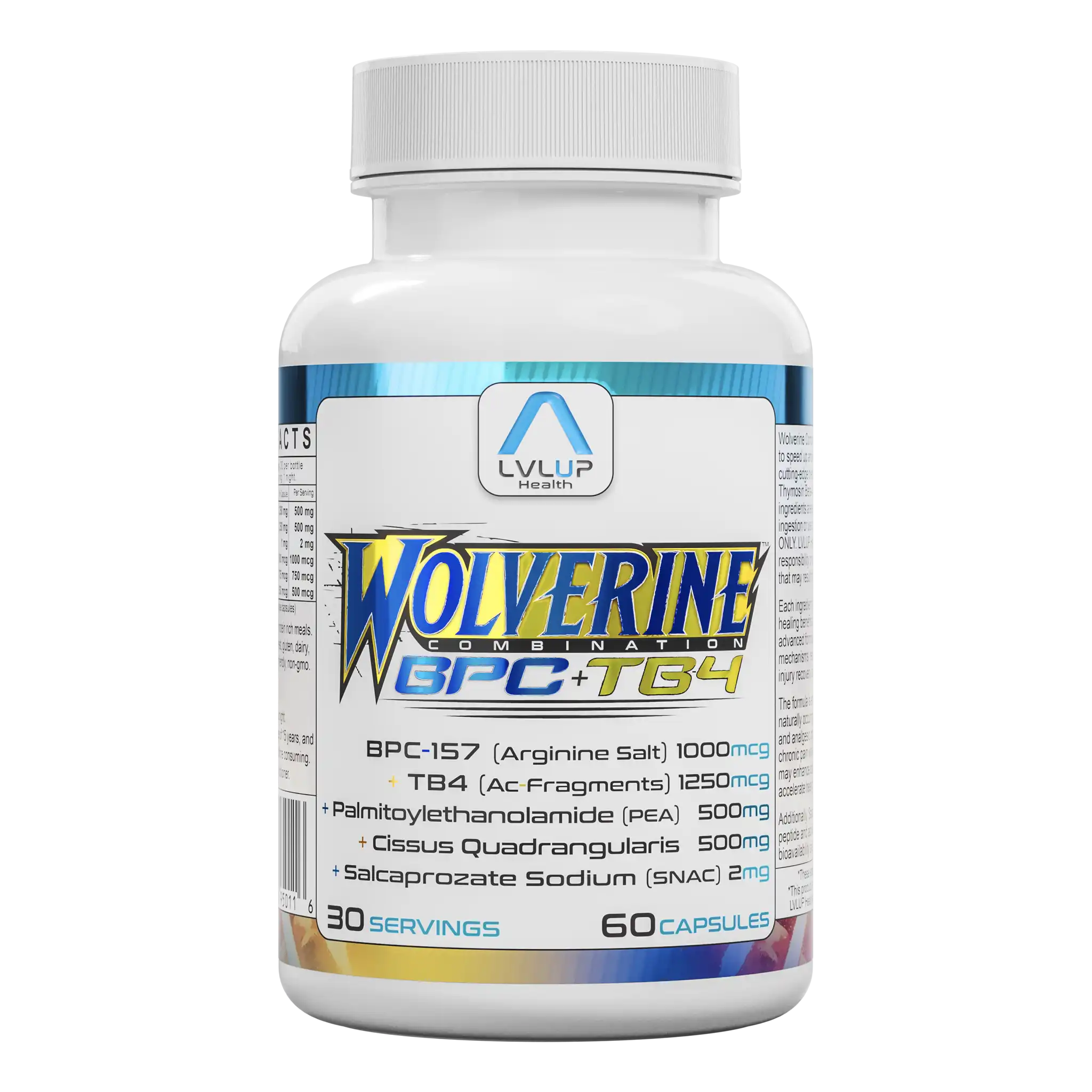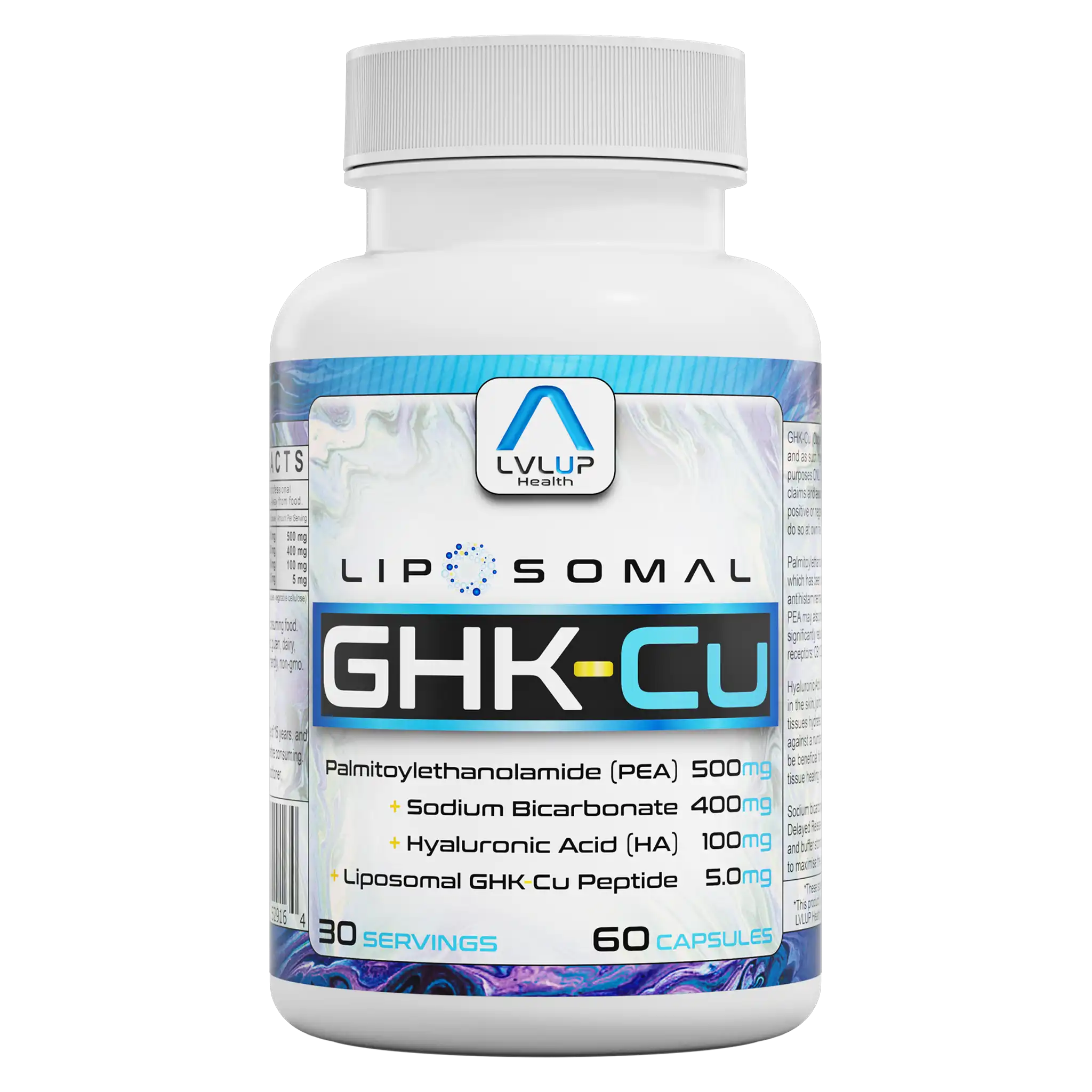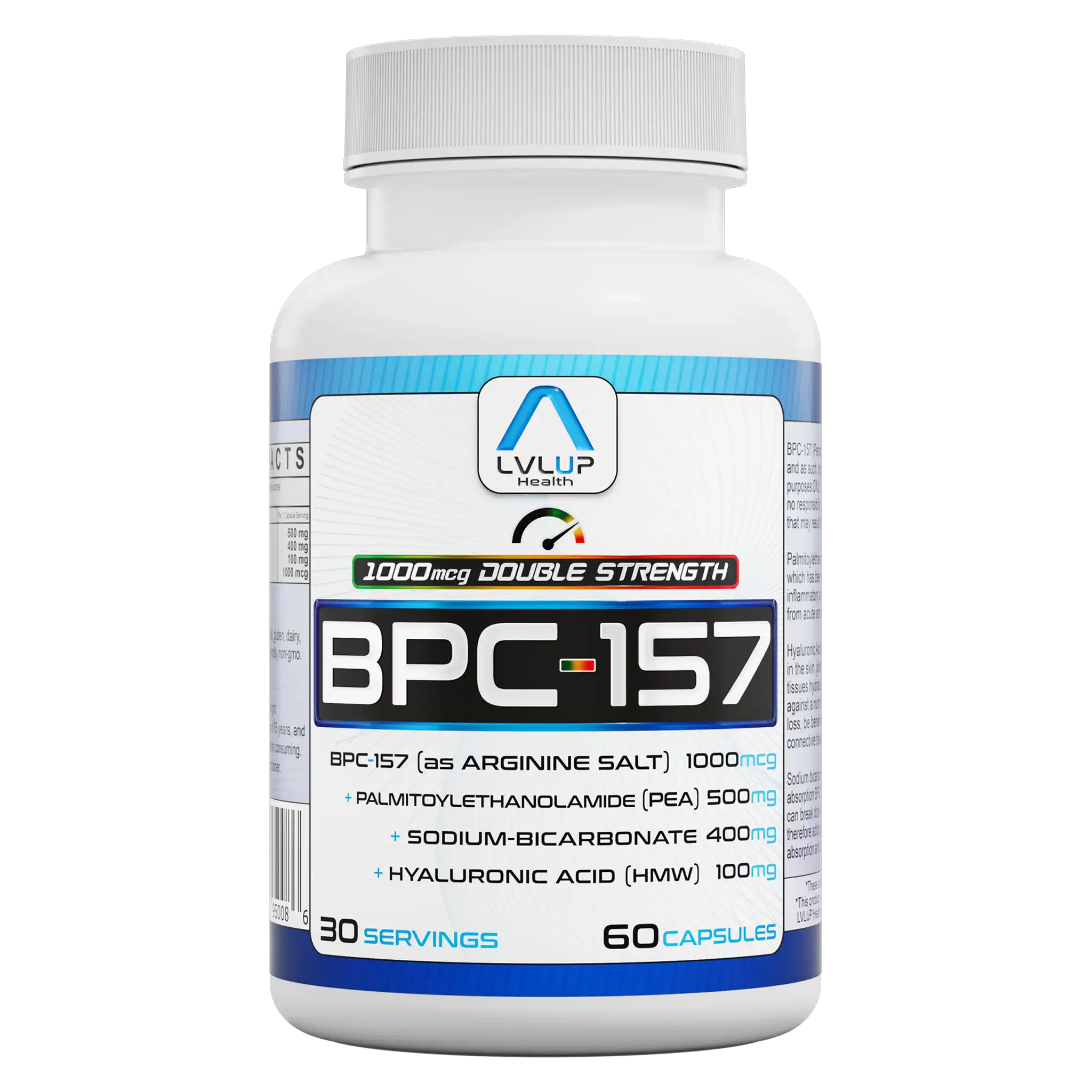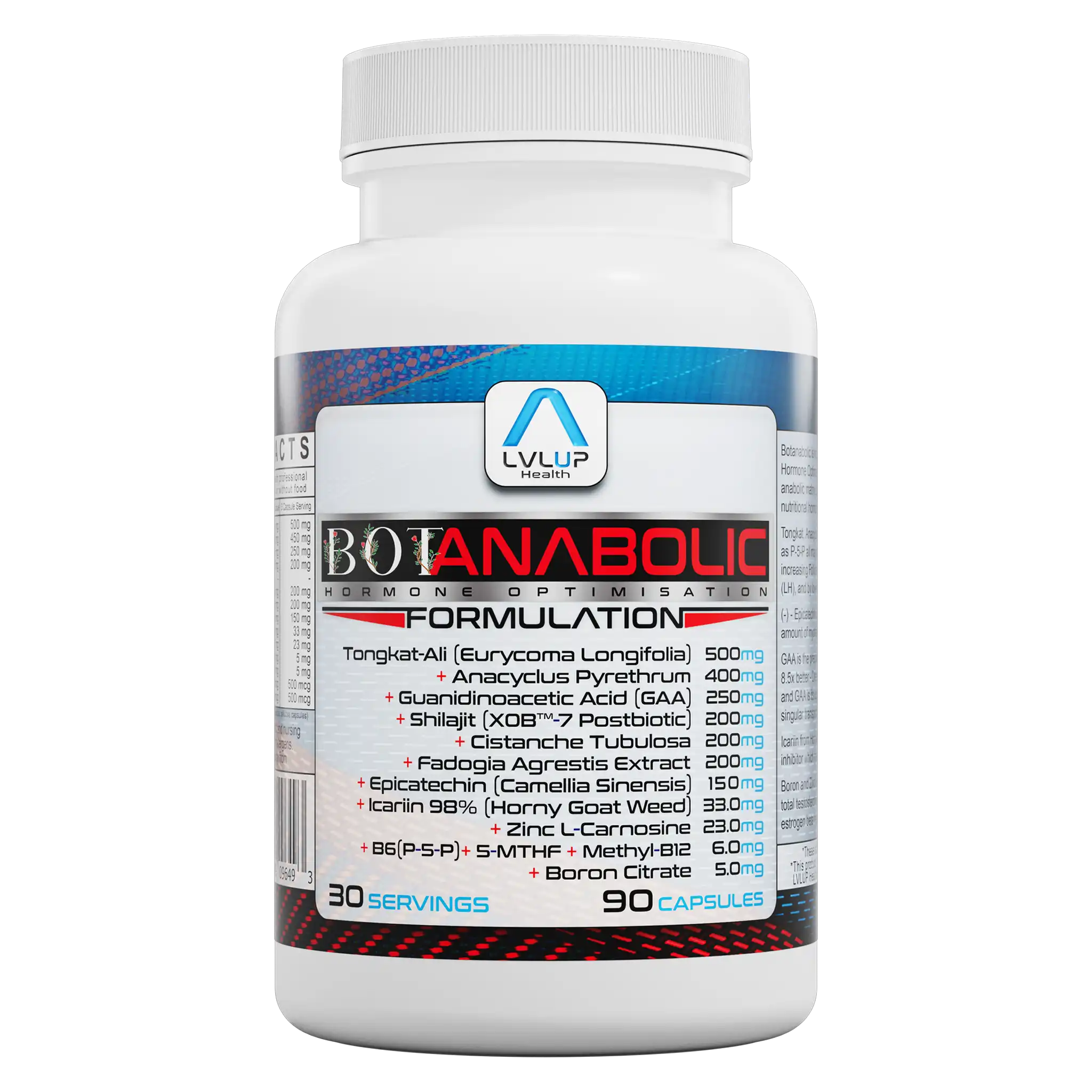Vitamin B12
About Vitamin B12
Brain and Nerve Health
Vitamin B12 is essential for your brain and nervous system. Imagine it as the insulation on electrical wires, ensuring smooth signal transmission. Without enough B12, you might feel foggy or fatigued, which can impact daily activities like work and exercise.
Dietary Sources and Absorption
You can find B12 in animal products such as meat, fish, eggs, and dairy. Vegetarians and vegans often need supplements due to dietary restrictions. As we age, absorption can decrease, making fatigue more common if B12 intake is insufficient.
Energy Metabolism
Enzymes require B12 to break down carbohydrates, releasing energy. Even with a balanced diet, low B12 levels can leave you feeling drained. Consider forms like methylcobalamin, which your body uses immediately, or cyanocobalamin, which requires liver conversion.
B12 in Supplements
Many supplements package B12 with other B vitamins to aid metabolism and stress resilience. You’ll often find this combination in products focused on brain performance and mood support.
Special Considerations
Certain groups should monitor their B12 intake more closely, including athletes, older adults, and those with digestive issues. Adjust your diet and lifestyle to ensure sufficient intake.
Found In
Formulated With
Detailed Information
Enzymatic Functions
Vitamin B12 acts as a cofactor for methionine synthase and methylmalonyl-CoA mutase. These enzymes are crucial for DNA synthesis through folate coenzyme regeneration and neural myelination processes.
Absorption Mechanism
The absorption of B12 is complex. Gastric acid releases it from dietary proteins, and it binds to haptocorrin in the stomach. It then transfers to intrinsic factor in the small intestine, where it’s absorbed in the ileum via the cubam receptor complex. Any disruption can lead to deficiency.
Supplemental Forms
Methylcobalamin crosses the blood-brain barrier efficiently and is directly usable by neural tissues. Cyanocobalamin requires conversion in the liver. Hydroxocobalamin has a longer plasma half-life due to high affinity for transport proteins, while adenosylcobalamin is less stable but found intracellularly.
Clinical Indicators
Deficiency screening often involves serum methylmalonic acid (MMA) and homocysteine levels, as elevations can indicate impaired B12-dependent enzymatic activity.




